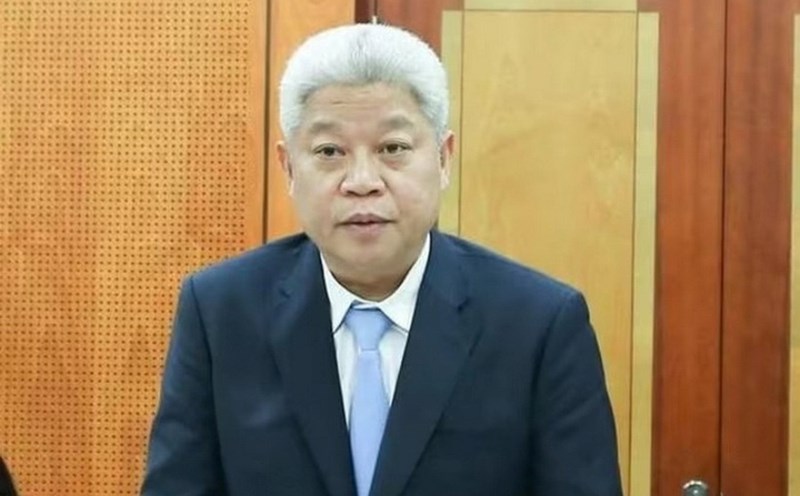umm Mohammed, 74, has been constantly using a fan to cool down but in the bright sunlight of Basra, southern Iraq, there is only hot wind.
Basra residents are used to the burning summer, but this year, the heat started earlier than usual, making them even more miserable because the city is always in a state of power shortage.
We are tired, umm Mohammed said sluggishly. She often wakes up in the middle of the night because of the heat.
The summer has only just begun for a few days, with temperatures in Basra rising to around 45 degrees Celsius. Further north, in the capital Baghdad, temperatures have exceeded 50 degrees Celsius measured in the shade.
Baghdad's infrastructure has been significantly damaged after decades of conflict while Iraq is struggling with droughts, sandstorms, desertification and water levels in some rivers have decreased.
The prolonged power outage will be aggravated in the summer. Only those who buy generators can keep their refrigerators or air conditioners running.
In Basra, the high humidity makes the air even more stuffy. And for many Iraqis struggling to make a living, spending around $105 a month on a private generator is not an option they can accept.
The authorities must support the poor, said umm Mohammed, criticizing the government for not providing enough electricity.
Its hell
Iraq is the second largest oil producer in the Organization of the Petroleum Exporting Countries (OPEC). But the country has been buying gas for years from neighboring Iran meeting about a third of Iraqs electricity needs.
US sanctions on Iranian oil and gas have made it more difficult for Iraq to pay for imports, Baghdad has been held back and Tehran has periodically "locked the valve".
As a result, power cuts have continued for most of Iraq's 41 million people, many blaming politicians and corruption on the current situation.
Power outages led to several deadly protests from late 2019 to mid-2020, many of which occurred in southern Iraq.
Nataq al-Khafaji, who lives in Nasiriyah, north of Basra, said the hot season without power is very hard for children and the elderly.
Its hell, he added.
During the summer vacation, the three children of Khafaji have nowhere to go or work. They just stay indoors to avoid the heat outside.
Khafaji bought a fan running on batteries but worried that it would not be enough to cope with the worst months, when the temperature will be approaching 50 degrees Celsius.
National Priority
The United Nations has ranked Iraq as one of the five most vulnerable countries to climate change.
Since mid-April, Iraq has endured 10 sandstorms - "products" of prolonged drought, land degradation, high temperatures and reduced rainfall related to climate change.
President Barham Saleh warned that climate change response must become a national priority for Iraq because it is an existing risk that threatens our future generations.
Desertification has affected 39% of Iraq, significantly reduced water supply and crop productivity also decreased.
The heat and dust storms are expected to increase in the coming years, which will lead to health problems, said Seif al-Badr, a spokesman for the Iranian Ministry of Health. We predict that we will have to treat more people who are hospitalized for diseases related to climate change.
However, efforts to address such issues are being put on hold, as Iraq is in a political deadlock that has prevented it from forming a new government since the October 2021 election.
The World Bank warned that if a solution is found, Iraq could lose 20% of its water resources by 2050 due to climate change.







